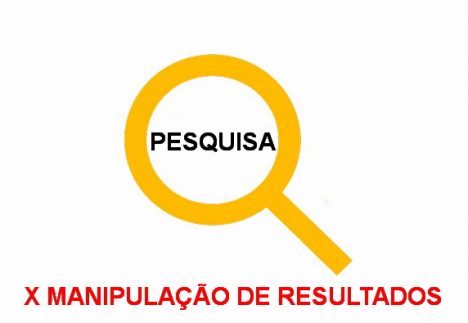A court in Germany has ruled that the 20-license cap on sports betting licenses under the country’s Interstate Treaty on Gambling is illegal, a move that opens up the market to the rest of the European Union.
The 5th Chamber of the Administrative Court of Wiesbaden found that the restriction to twenty licenses “constitutes an infringement of European law standards, namely against the freedom to provide services (Art. 56 TFEU).”
The Treaty for European Union (TFEU) has primacy over state and federal law in Germany and in all EU member states. National or regional parliaments that pass laws in contravention of the TFEU are legally unable to enforce those laws.
The Court of Justice of the European Union (CJEU) has ruled that operators cannot be penalized for breaching national laws which are not consistent with the TFEU. Since the German Interstate Treaty (Glücksspielstaatsvertrag) is no longer enforceable, and there are no other laws governing sports betting, operators licensed in other EU member states can offer services to German customers completely legitimately.
Treaty rapidly created chaos
The Interstate Treaty on Gambling was implemented nationally in 2013 after Schleswig-Holstein became the last German Länder to agree to abide by the treaty.
Schleswig-Holstein has its own online gambling laws which allow a full range of online gambling activities, including online poker and casino games. It issued five-year licenses in 2012, but when those licenses expire in 2017, the liberal gaming law will be revoked and the Interstate Treaty provisions are due to be implemented.
Now that the Interstate Treaty is in tatters, there is a void that must be filled. Unless Germany amends the treaty to bring it into line with the TFEU, the EU Commission will take it to court. The court filing against Germany is expected by the end of this month, and there is no possibility of Germany fixing the treaty by then.
When the last Court of Justice of the European Union ruling came out in February, Maarten Haijer, Secretary General of the European Gaming and Betting Association, said that it “emphatically confirmed that the German online gambling regime has reached a practical and legal dead end. The CJEU ruled the experimental clause for sports betting introduced in 2012 has failed to remedy the incompatibility with EU law. This means the German online gambling regime still violates EU law and cannot be enforced.”
No political will for change
The treaty is regulated by the regional government of Hesse. Last month, Hesse put together a set of proposals for amending the Interstate Treaty, based solidly on the Schleswig-Holstein model.
A meeting of the presidents of all the German Länder met to discuss the proposal, but were almost unanimously against. Instead, they proposed minimal changes to the gambling treaty including an increase in the license cap to 40.
The Wiesbaden court ruling has now made it clear that any cap will be judged to be illegal, since there is no rationale that can be justified by the TFEU duty of consumer protection.
A federal solution may be necessary
The industry thinks it’s time for a federal solution.
The main industry lobbying group is the German Association of Telecommunications and Media (DVTM) of which, PokerStars is a member. However, its most influential member is partly state-owned telecoms company Deutsche Telekom (DT).
DT already has an online gaming platform and it was one of the original applicants that the Hesse regulator deemed to be suitable for a sports betting license. Now DT wants the federal government to step in. It believes that there is almost no chance of the 16 separate Länder agreeing to changes that will produce a law which will be legal under EU treaties.
“The exodus of investment and sales abroad and the resulting loss of tax revenue in the billions can be avoided by creating legal certainty for the industry and consumers,” the DVTM said in a statement. “Only a liberalised, regulated market can protect the youth, data and consumer, expand addiction-fighting measures and keep the real ‘black sheep’ out of the industry.”
“A limitation to 40 concessions is as arbitrary as one limitation to 20. We call on the state presidents to reconsider their plans,” added Deutsche Sportwettenverband (DSWV) President Mathias Dahms after the Wiesbaden judgement.
A legal solution of whatever color remains years away, meanwhile sports betting can continue without the burden of paying gaming taxes in Germany.
Source: Legal Sports Report



























